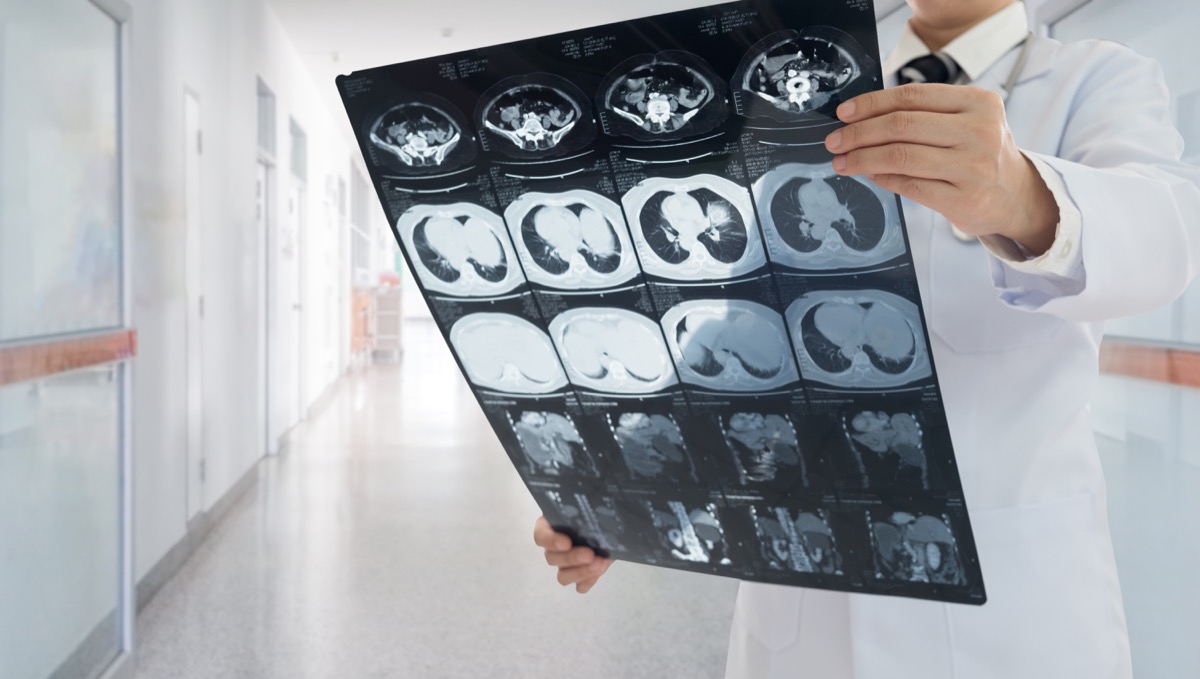The study, which was first reported on by CNBC, observed nearly 4,000 coronavirus patients that were admitted to the Mount Sinai Hospital in Manhattan during the period of Feb. 24 to May 30. Out of those patients, 46 percent developed some kind of kidney injury during their fight with COVID-19. Researchers used data from KidneyIntelX, an artificial intelligent (AI) tool developed in partnership by RenalytixAI and the Mount Sinai Hospital System. But it wasn’t as if these patients had weaker kidneys than the average person. In fact, only 18 percent had history of kidney issues—the other 82 percent of these patients had never experienced any problems with their kidneys before. “Since the start of the coronavirus pandemic we have seen the highest rate of kidney failure in our lifetimes,” Steven Coca, associate professor of nephrology at Mount Sinai Health System and co-founder of RenalytixAI, told CNBC. “The next epidemic will be chronic kidney disease in the U.S. among those who recovered from the coronavirus.” RELATED: For more up-to-date information, sign up for our daily newsletter. For some, this kidney damage appears to be severe and long-lasting, as well. Of the patients observed, 17 percent had injuries so severe they needed urgent dialysis, which is a treatment that helps perform the actions of the kidneys when they stop working properly. And more than a third of COVID-19 survivors in this study did not regain the same level of kidney function they had before they became inflicted with the virus. According to Alan Kliger, co-chair of the American Society of Nephrology Covid-19 Response Team, there are various ways the coronavirus can enact kidney damage. He told CNBC the immune system could produce cytokine storms when heavily trying to fight off the virus, which can destroy healthy kidney tissue due to the fact that the “sudden, large influx of cytokines can cause severe inflammation,” according to experts from John Hopkins Medicine. Another possible explanation is that the coronavirus directly attacks the kidney by entering the body through ACE-2 receptors and infecting various cells—including those in the kidneys. Or it could be that ventilators meant to help patients dealing with severe lung disease from the virus reduce blood flow through the kidneys, causing the organs to be damaged from a lack of oxygen.ae0fcc31ae342fd3a1346ebb1f342fcb But no matter how it affects the kidneys, it’s clear there’s a link between kidney damage and the coronavirus. And it may be even more critical for patients who already suffer from kidney problems. As Kliger told CBNC, people with prior kidney problems are “more likely to get the virus, have complications, or die.” He says this “population must be a priority” as nationwide testing strategies continue to be discussed. And for more on how infections happen, The CDC Now Says This Might Play an “Important Role” in COVID Transmission.
